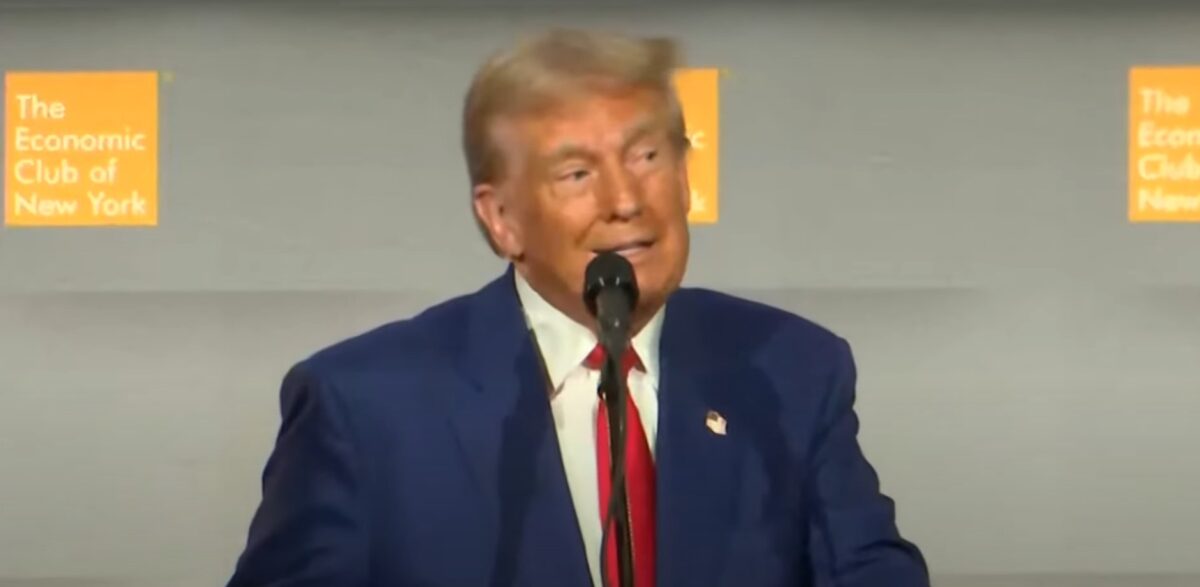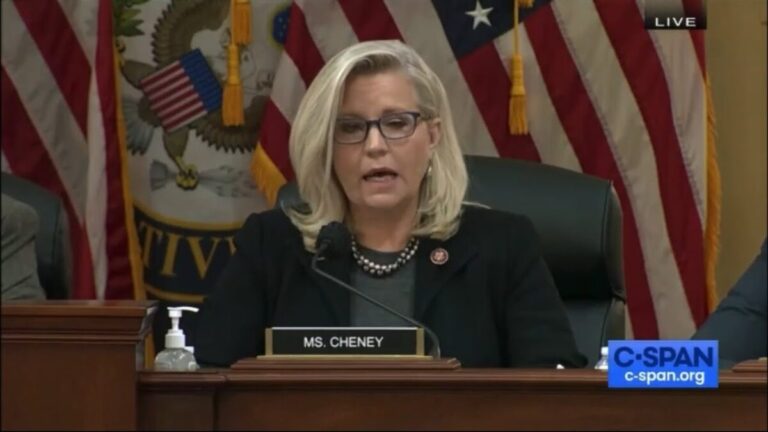In the world of politics, where every detail can sway public opinion, Donald Trump’s recent win in a coin toss for the upcoming presidential debate might seem trivial to some, but it’s a strategic advantage that could play a significant role in how the debate unfolds. Here’s what it means for Trump and his campaign.
Firstly, Trump chose to have the final word in the debate. This decision wasn’t made lightly. In the realm of public speaking, especially in debates, the closing statement is often the most memorable. It’s the last impression left on the audience, which can be crucial in swaying undecided voters or reinforcing support among his base. Trump’s choice to speak last indicates a confidence in his ability to encapsulate the debate’s key points, rebut any strong arguments from his opponent, and leave viewers with his narrative fresh in their minds.
This move also reflects Trump’s understanding of media and spectacle. By securing the final statement, he ensures that the last soundbite, the last image, and potentially the last headline from the debate will be his. In an era where media coverage can be as influential as the debate itself, this could mean more airtime and focus on his closing remarks, giving him a psychological edge.
Moreover, Trump’s decision might be seen as a psychological tactic aimed at his opponent, Kamala Harris. Knowing that Trump will have the last word could potentially pressure Harris to either over-prepare or feel the need to make an overly strong closing statement, which might not always work in her favor if it comes off as forced or defensive.
The coin toss victory also plays into Trump’s narrative of being the underdog, a role he often adopts despite his high profile. By framing this small victory as significant, Trump can continue to portray himself as the fighter against the odds, which resonates with his voter base. This narrative can be particularly effective if he uses his closing statement to rally his supporters, emphasizing themes of perseverance and countering perceived injustices.
However, this strategy isn’t without risks. If Trump’s closing statement doesn’t land well, or if Harris manages to overshadow it with a compelling argument earlier in the debate, the advantage could backfire. Trump’s reliance on having the last word means he’s betting on his ability to not only defend his positions but to define the debate’s outcome in those final moments.
In conclusion, Trump’s coin toss win for the debate’s closing statement is more than just a procedural detail; it’s a calculated move in the chess game of politics. It sets the stage for what could be a defining moment in the campaign, where the last word might just be the loudest. Whether this strategic choice will pay off or become a point of contention remains to be seen, but it certainly adds an extra layer of intrigue to an already high-stakes event.




Leave a Comment